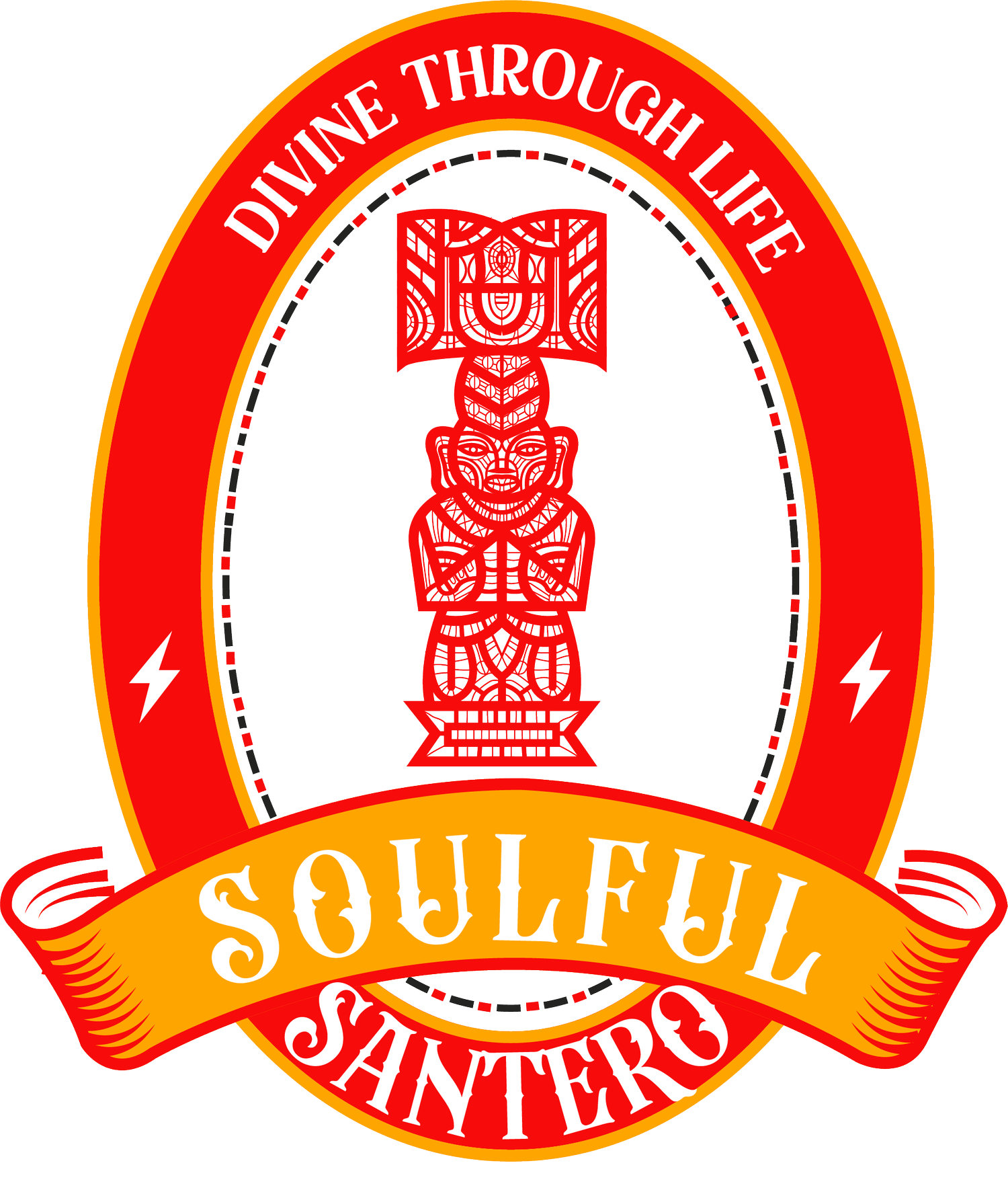HOODOO & SOCIAL LOCATION: WHY I START HERE
There are big, ten-cent words and phrases from academia that often are unnecessary to convey a concept. But now and then, throughout my academic studies, something was taught to me that I had carried forward all these years later. One of them is this idea of social location. The basic premise is this: all of us come from a place, no matter who we are. We are born from two parents in a specific place, time, family, etc. All of that shapes and forms who we are and how we see things, good or bad.
Applying the concept of social location to occultism, it becomes clear that our origins and experiences are significant sources of our power. Even if our backgrounds are challenging or toxic, the fact that we have endured and thrived is a testament to our personal resilience. This resilience is a key connection to the sources of our spiritual practices, such as rootwork in the case of Hoodoo.
Let me give a personal case in point: I grew up in projects in upstate New York. It is no secret that most affordable housing projects in America have become multigenerational dwellings. Many living in them do not even know the history that affordable housing was NEVER intended to be permanent. It was transitional living designed to give low-income, working-class people enough economic relief to one day afford a home. But the combination of socioeconomic trends, federal and state politics, and things like environmental racism made sure that the “separate but equal” social politic continued in this insidious form.
The first 12-13 years of my life was spent there. My parents divorced, and my Mom moved there to restart her life with me. During the twelve years we lived there, my Mom told me repeatedly, like a mantra, that this place was just where we needed to be until she saved up enough money to get us a home and get out of the projects. For over a decade, I watched her scrape by and save every penny she could until she had enough for a down payment. And when I was about 12, she bought a home. She did all that without help from any man, husband, or family member. She did it with the grit of her mind and the strength of her hand.
This seminal moment marked me deeply. I saw that, even in poverty, there are ways to rise, even when everyone around you says otherwise. I saw the value of saving and having a vision of something that still needs to come. And I saw one of the most influential women in my life do what many would not have considered possible on a guidance counselor’s salary.
This part of my social location strongly colors my basic approach to Hoodoo. I know that the tools of my people have the ability to alleviate suffering and restore dreams. I know we do not need to resign ourselves to fate but instead use our tools to “change our stars,” as they said in A Knight’s Tale. Indigenous African spiritualities generally do not put a lot of stock in fate. Destiny, yes; fate, not so much. Sacrifice, ritual, and being in the right community are the bread and butter of navigating life. It is also the lifeblood of Hoodoo.
We all have unique starting points in life. This is just a glimpse into my journey. I'm eager to hear about yours. In my “Working the Roots” class, we delve deeper into these personal narratives. If this resonates with you, I look forward to seeing you in class on the 22nd!
